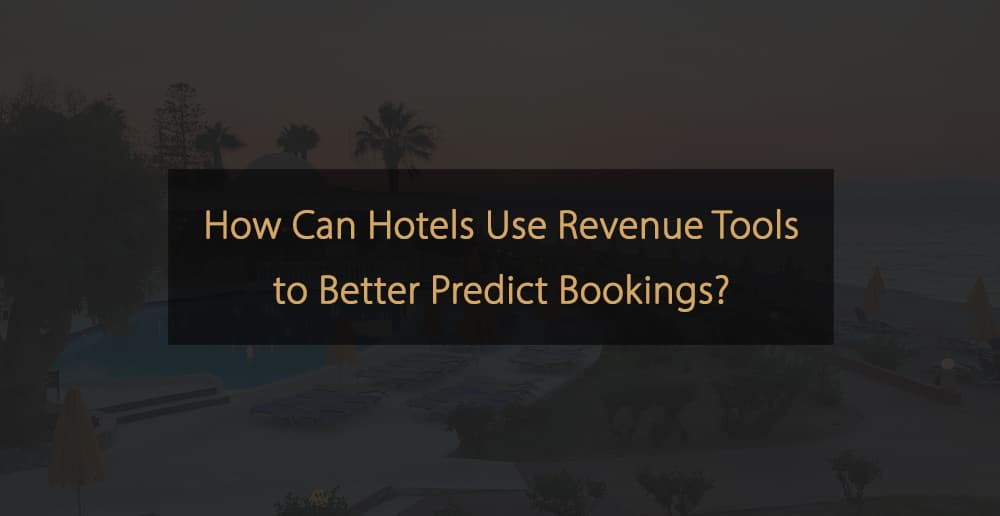Time is money, especially in event management, where every minute counts. Operational efficiency can be the difference between a smoothly run event and one filled with chaos and missed opportunities. In an industry that demands precision and quick responses, having the right tools to save time is invaluable. By optimizing your operations with advanced event management software, you can streamline your processes, reduce manual tasks, and boost productivity.
This article will delve into the key features of event management software that can help you save time so your events run seamlessly from start to finish.
Business-Rule Configurations
One of the most significant time-saving strategies in event management is implementing tailored business rules. When potential clients can immediately see what services are available, it eliminates the need for back-and-forth inquiries. This visibility allows clients to make informed decisions quickly to reduce the volume of redundant requests and save valuable time for both parties.
Consider the frustration of receiving numerous requests for dates when your venue is already booked. You can prevent these unnecessary inquiries by showing real-time availability and prices upfront. Providing precise and immediate answers improves your booking process and client satisfaction.
Function space details are another critical element. Potential clients need comprehensive information about room dimensions, seating arrangements, and available equipment. Clear and detailed descriptions minimize the need for follow-up questions, allowing clients to assess suitability at a glance.
Cancellation policies are also crucial. Transparent and flexible cancellation terms reduce misunderstandings and ensure clients know their options from the start. This clarity helps avoid last-minute cancellations and frees up your team to focus on confirmed bookings. By leveraging these robust business-rule configurations, you can optimize your operations, keep clients happy, and reduce the time spent managing bookings and inquiries.
Adjusting Time
Last-minute bookings and miscommunications about availability can wreak havoc on your event management process. Setting clear opening hours for your venues and meeting rooms is essential to avoid these issues. By defining precise operational hours, clients can only book when your venue is genuinely available to reduce confusion and unnecessary coordination.
Minimum and maximum lead times for bookings are also necessary. A minimum lead time guarantees your team has enough preparation time for each event, which prevents the chaos of last-minute arrangements. Conversely, maximum lead times prevent clients from booking too far in advance, complicating scheduling and resource allocation.
Let’s say your venue does not want to accept bookings less than 48 hours before the event; setting this as a minimum lead time means your staff is never caught off guard. Similarly, if you prefer not to book events more than six months in advance to maintain flexibility in pricing and availability, setting this as a maximum lead time helps manage client expectations and your calendar effectively.
These adjustments in your event management system prevent miscommunications and improve preparation and operations, ultimately leading to better client satisfaction and venue management.
Automation & Workflows
The COVID-19 pandemic drastically impacted the hospitality industry which led to staff shortages as many skilled professionals sought other employment opportunities. This sudden shift left many venues needing more resources to meet demand. In such a scenario, automating repetitive tasks allows your reduced team to manage operations effectively.
Automated routines, such as automatic cancellations and provisional hold dates, refine processes that would otherwise consume valuable time. For instance, if a client misses their provisional hold date, an automated system can cancel the booking and free up the space for other potential clients, then time is well-spent in follow-ups.
Promoting additional products and services through automation can improve revenue. By setting up your system to recommend relevant add-ons during the booking process, like catering options or equipment rentals, you not only save time but also boost sales without extra effort from your staff. Configuring service times based on customer selections ensures all details align, reducing the back-and-forth typically required to finalize arrangements.
Automated email sequences play a crucial role in managing orders and maintaining communication. These sequences can handle reminders, updates, and follow-ups, so clients are always informed without manual intervention. An effective way to use this could be sending reminders about an upcoming booking, or a post-event survey can be automated for client engagement and satisfaction.
Implementing these automated workflows in your event management software addresses staffing challenges and boosts productivity, allowing your team to focus on delivering exceptional client experiences.
Real-Time Data and Analytics
Having access to real-time data and analytics can help your event management process. Understanding how your operations perform at any moment is vital for making informed decisions. Real-time data provides a comprehensive overview, allowing you to see what’s happening across all facets of your venue.
Robust reporting tools are indispensable for analyzing trends, tracking progress, and identifying improvement areas. These tools help you understand patterns in booking behaviors, peak times for events, and the performance of various services. This information lets you adjust strategies to better meet client needs and optimize your operations.
Data-driven decisions are transformative for your business. If reports show that certain events consistently underperform, you can investigate why and make necessary changes. Alternatively, if data reveals that specific services are highly popular, you can focus on promoting those more aggressively.
The ability to access and interpret real-time data means you’re always one step ahead so that you can make proactive rather than reactive decisions. This approach advances your operations and the experience you offer your clients, leading to more successful events and a stronger reputation in the industry.
Integration with Other Systems
Dealing with disconnected systems can lead to chaos and inefficiencies in event management. Integrating your event management software with CRM, marketing, and property management systems can make a difference. These integrations allow seamless data flow across different functionalities to improve coordination and reduce the need for manual data entry.
A centralized platform for all event management tasks means you can manage client interactions, marketing campaigns, and property details in one place. This unified approach simplifies operations and provides a complete view of your business activities. Integrating with a CRM system helps you track client interactions and preferences, while marketing platform integration allows you to automate campaigns based on client behavior and booking history. Property management system integration guarantees that your venue’s availability and pricing are always up-to-date.
By integrating these systems, you create a cohesive workflow that saves time and strengthens your events’ overall management and delivery, making your operations more reliable.
Customer Experience
Losing track of customer preferences and history can lead to subpar service and missed opportunities. Centralizing all customer data in one place is crucial for delivering superior service and saving time. With comprehensive records, you can track client history and personalize your communication to create a tailored experience for each customer. This approach lets you anticipate needs and preferences so every interaction feels unique and valued.
Personalized interactions build stronger relationships and loyalty. For example, remembering a client’s preferred room setup or favorite menu items can impact their event experience. These thoughtful touches demonstrate that you care about their needs, leading to higher satisfaction and repeat business. By leveraging an event management system that consolidates all customer information, you can offer a personalized service that sets your venue apart.
Accessibility and Mobile Compatibility
It can be frustrating to manage your events while on the go. That’s why having event management software accessible from any device is vital. The ability to manage bookings, check schedules, and communicate with clients from any device means you’re never out of touch.
Mobile apps designed for on-the-go management make this even more accessible. These apps allow you to handle all aspects of your event management directly from your smartphone or tablet to respond to changes and updates instantly. This flexibility saves time and enables you to manage events more efficiently. Embracing mobile-compatible event management software means you have the tools to stay connected and in control.
Choosing the right event management software can revolutionize how you handle your operations and customer interactions. The right tools organize your processes and help to deliver personalized, high-quality service. As you evaluate your options, consider how each feature aligns with your needs and goals.
These event management tips will streamline operations, save time, and enhance efficiency. More importantly, implementing these strategies will increase your group, meeting, and event sales.
More Tips to Grow Your Business
Revfine.com is the leading knowledge platform for the hospitality and travel industry. Professionals use our insights, strategies, and actionable tips to get inspired, optimize revenue, innovate processes, and improve customer experience.Explore expert advice on management, marketing, revenue management, operations, software, and technology in our dedicated Hotel, Hospitality, and Travel & Tourism categories.








Leave A Comment